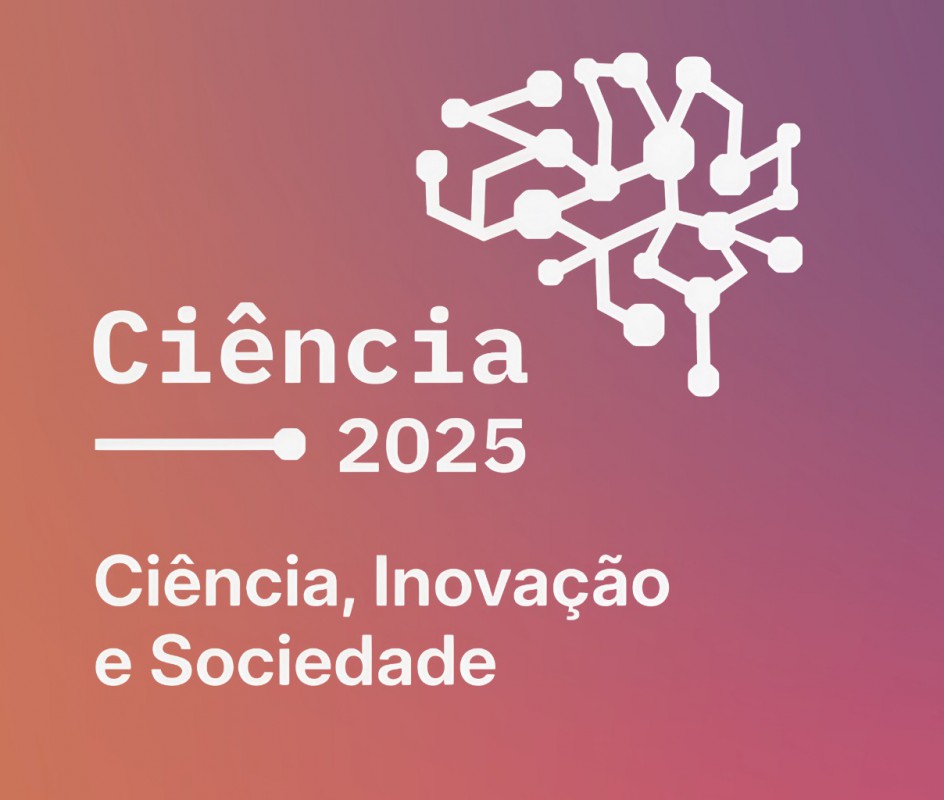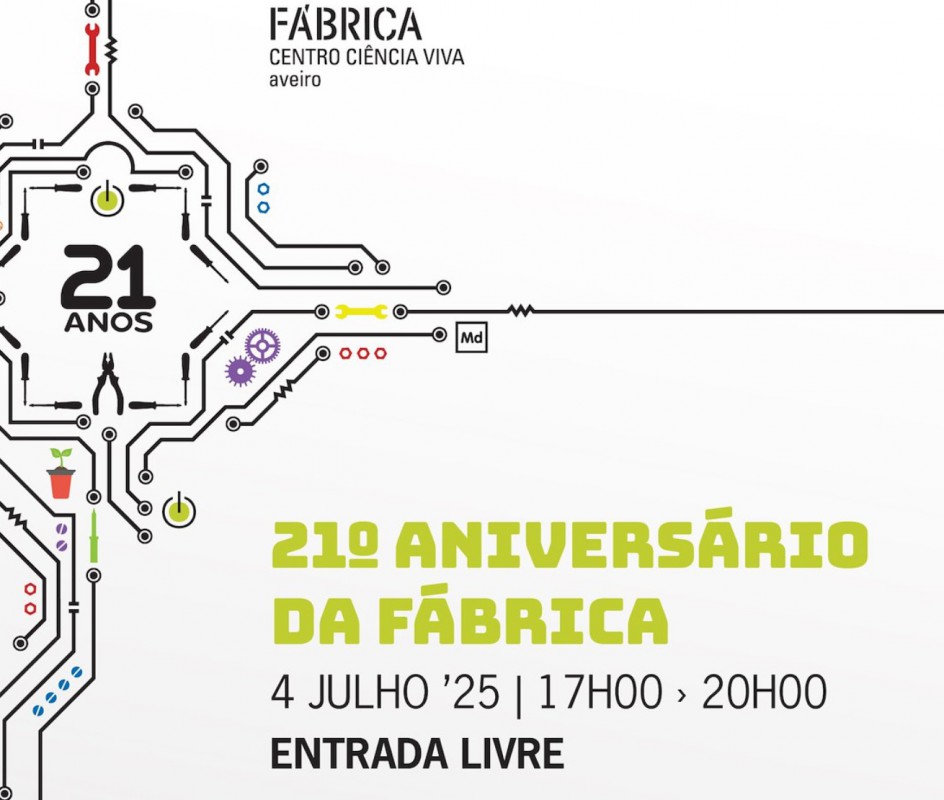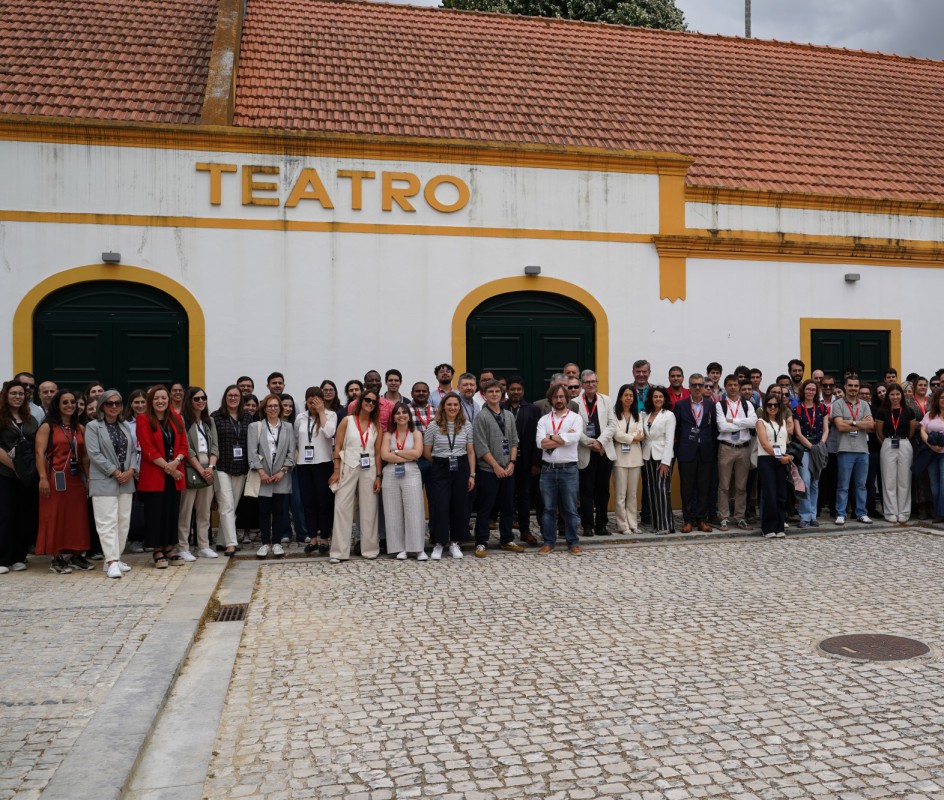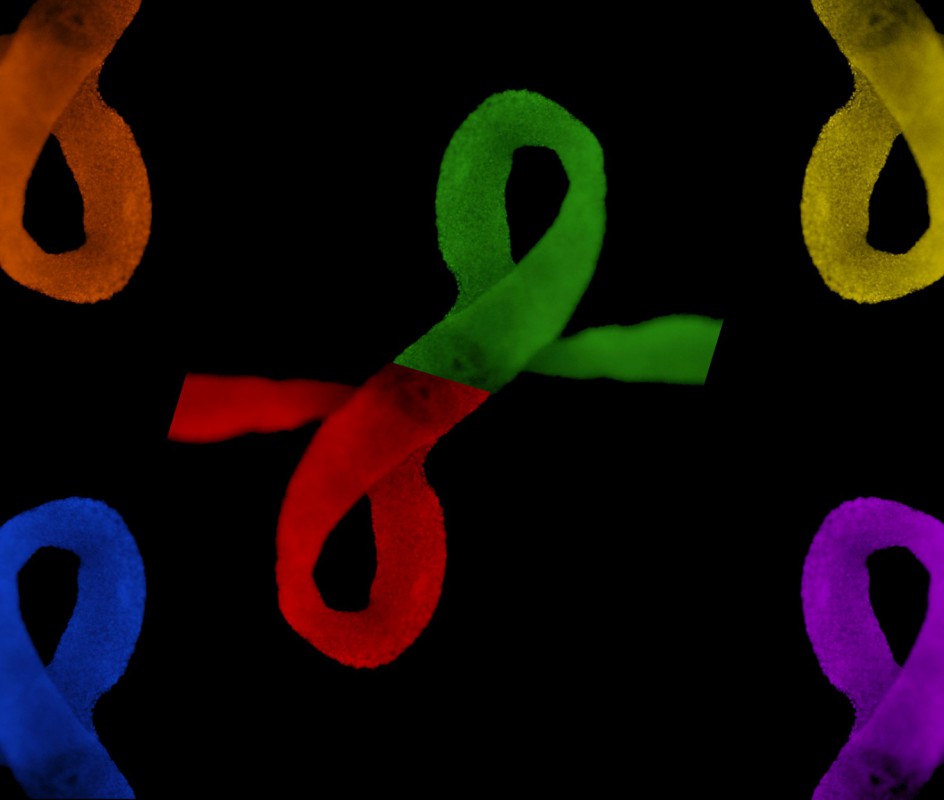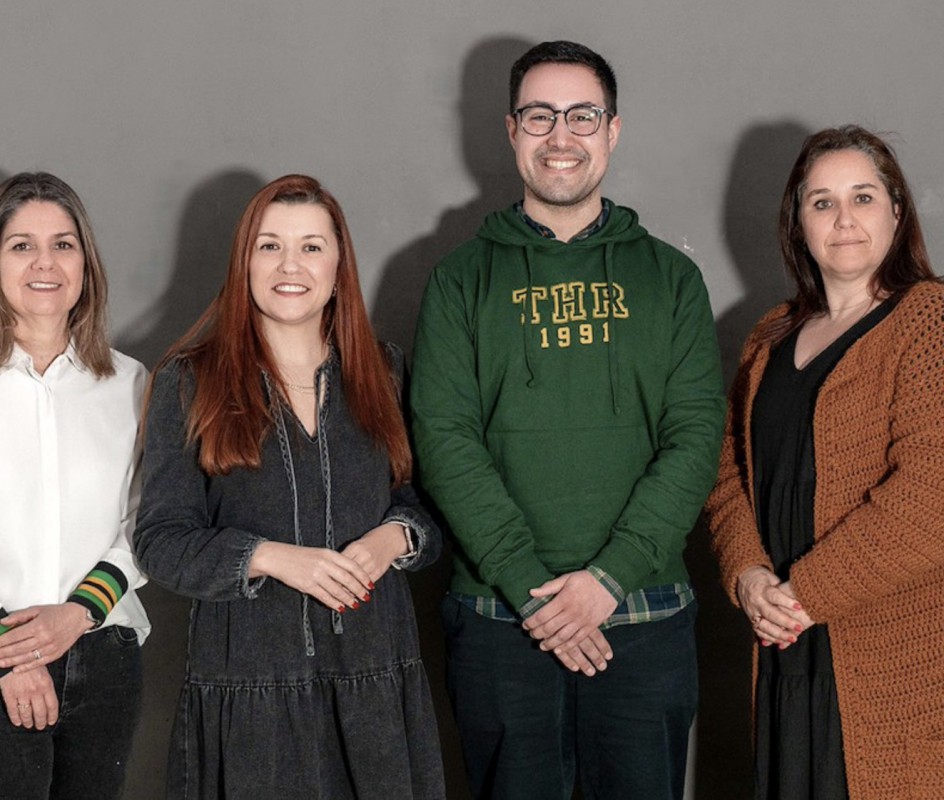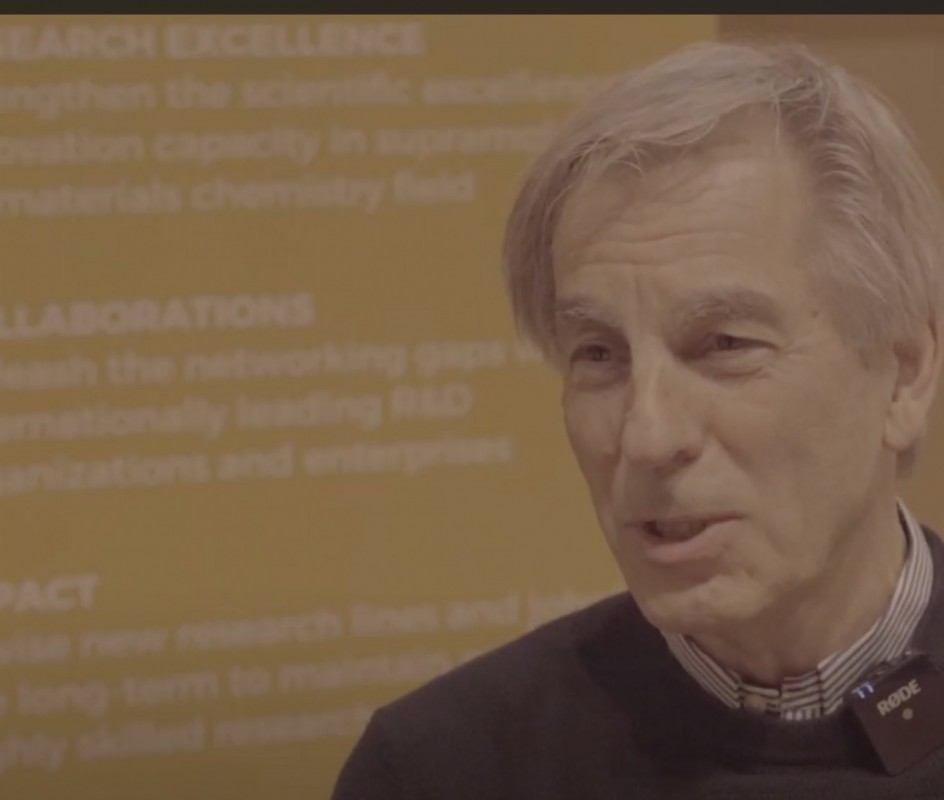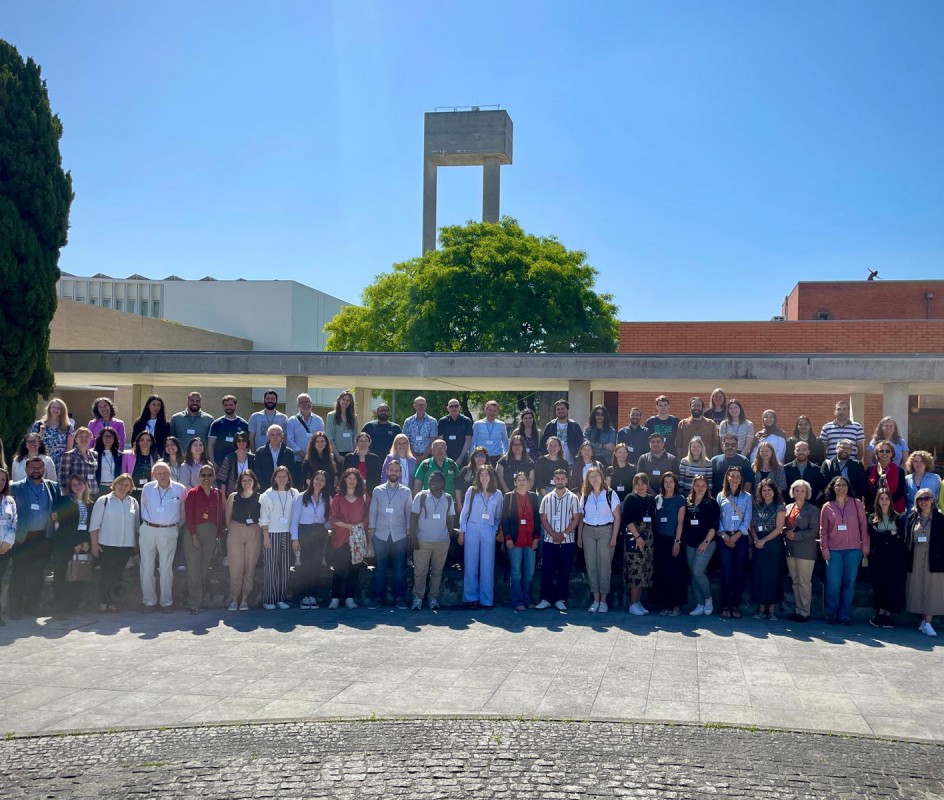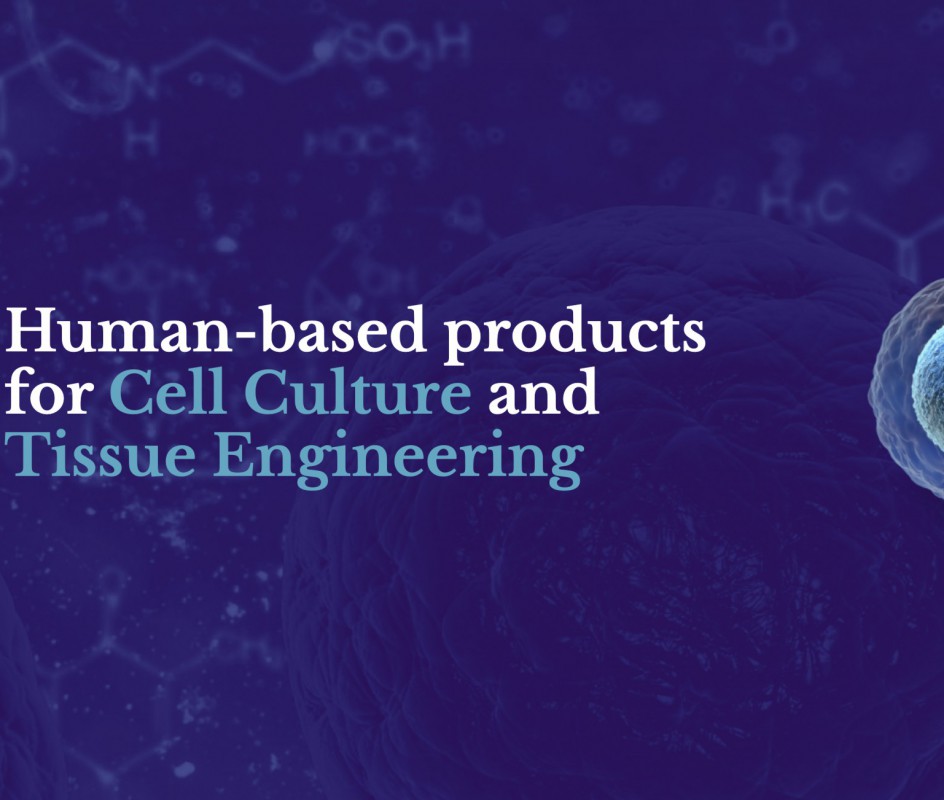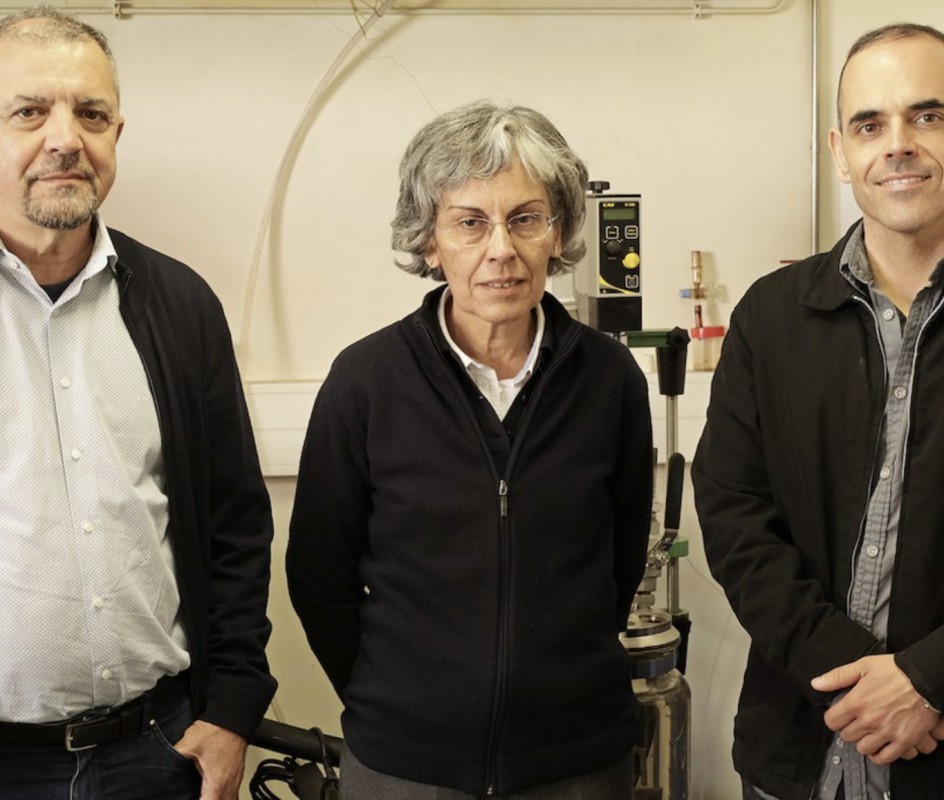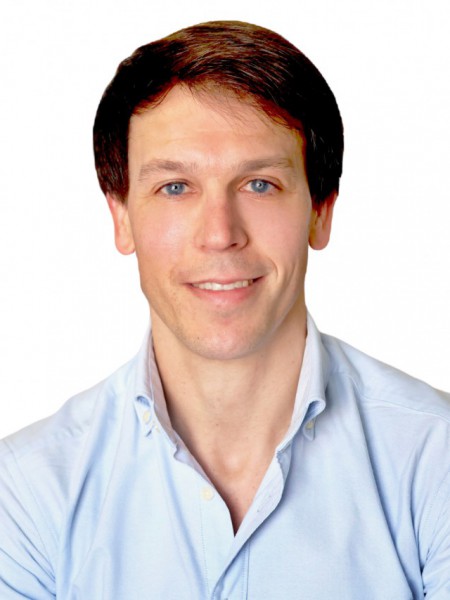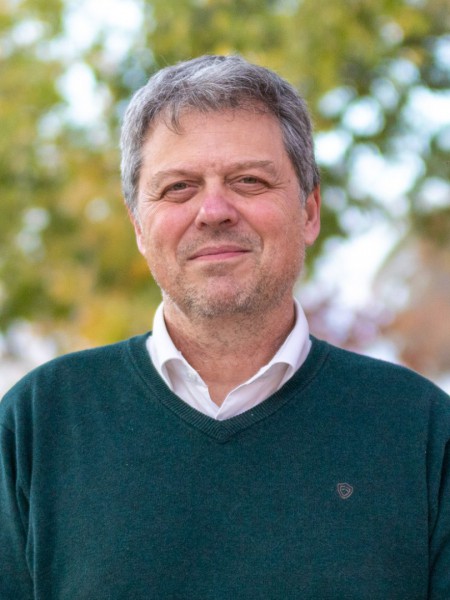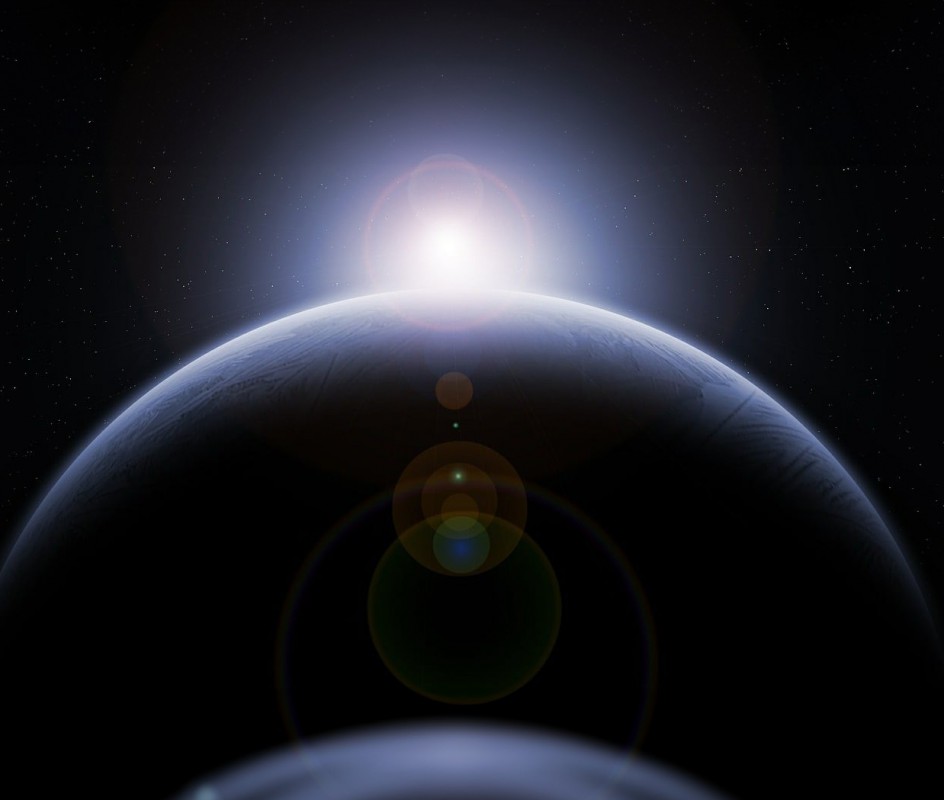
On March 11, at 11:45 AM, the Renato Araújo Auditorium at the University of Aveiro (UA) will host a public lecture titled Why we cannot make life?. The event aims to reflect on the challenges of artificial life creation and its importance for planetary sustainability.
The need to develop new forms of simple life arises as a response to the growing scarcity of natural resources and the increasing waste production. To ensure humanity's survival on Earth, it is crucial to understand cellular processes and, eventually, create artificial cells. However, despite scientific advancements, the complexity of cells still presents a significant challenge.
Experts emphasize that achieving this goal will require a multidisciplinary effort involving chemists, biologists, engineers, physicians, and mathematicians. The interaction of millions of atoms and molecules to form a functional cell demands deep knowledge and cooperation across different scientific fields. Although the first steps have been taken, there is still a long way to go.
This lecture at UA promises to stimulate discussion and reflection on the future of chemistry and biotechnology and the responsibility of current generations in developing innovative solutions for global challenges.
About Bert Meijer
Egbert Willem Meijer, commonly known as Bert Meijer, is the Distinguished University Professor in the Molecular Sciences, Professor of Organic Chemistry at the Eindhoven University of Technology, and founder of the Institute for Complex Molecular Systems. After obtaining his PhD at the University of Groningen with Hans Wynberg, he spent ten years in industry, working at Philips and DSM.
In 1991, he was appointed in Eindhoven while also holding part-time positions in Nijmegen, Santa Barbara, and Sydney. Bert Meijer serves on numerous editorial advisory boards and is an editor for the Journal of the American Chemical Society. His numerous accolades include the Spinoza Award (2001), the ACS Award for Polymer Chemistry (2006), the AkzoNobel Science Award (2010), the ACS Cope Scholar Award (2012), the Prelog Medal (2014), the Nagoya Gold Medal (2017), the Chirality Medal (2018), the Van 't Hoff Medal (2022), and the GDCh Staudinger Medal (2022).
In 2020, he was knighted as Commander in the Order of the Netherlands Lion by the King. He is an honorary member of multiple academies and societies, including the US National Academy of Sciences and the Royal Netherlands Academy of Science, where he was appointed as an Academy Professor in 2014.
About the Initiative
This talk is free and open to the public. It is part of the scientific program of the SUPRALIFE Third School, organized by the COMPASS Research Group/CICECO at the University of Aveiro (UA; Coordinator) in close collaboration with the consortium partners Eindhoven University of Technology (TU/e), the University of Bordeaux (UBx) and its affiliated entities Polytechnic Institute of Bordeaux (Bordeaux INP) and the French National Centre for Scientific Research (CNRS).
Coordinators of SupraLife project at the University of Aveiro are João Borges and João Mano. More information here.
Related Articles
We use cookies for marketing activities and to offer you a better experience. By clicking “Accept Cookies” you agree with our cookie policy. Read about how we use cookies by clicking "Privacy and Cookie Policy".


